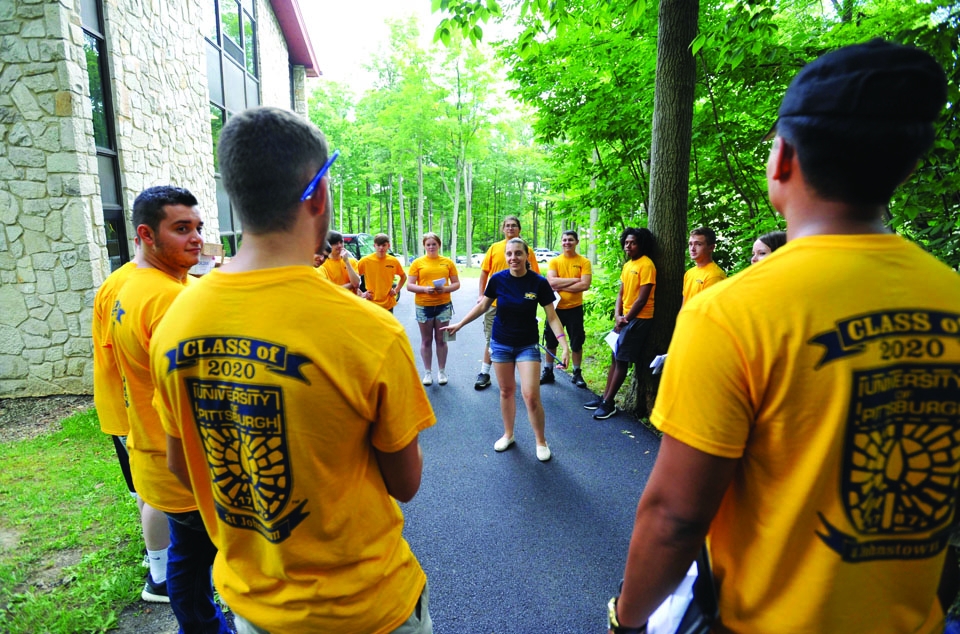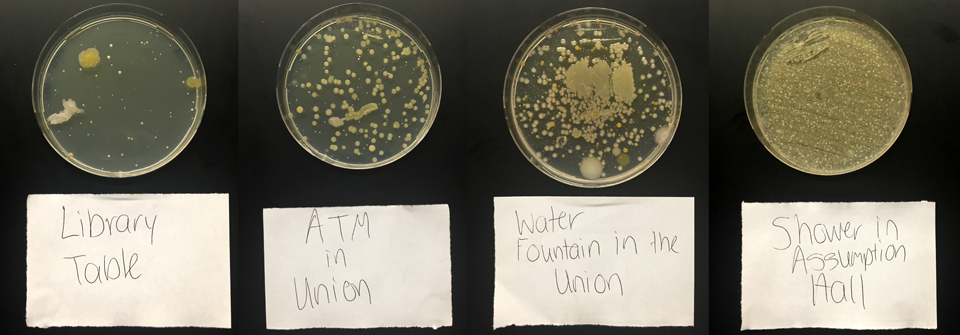

By: Shivani Gosai | Student Columnist
This is an editorial piece, and the views of the writer in no way reflect the views of The Duquesne Duke, its staff, or Duquesne University.
The University of Pittsburgh recently announced it will offer health care services for transgender individuals in its faculty and staff, effective August 15.
John Kozar, assistant vice chancellor for human resources at Pitt, said the coverage for these services is the update of a 1965 order prohibiting discrimination on the basis of sex in employment practices by the U.S. Department of Labor.
The university’s Office of Human Resources sent a letter to faculty and staff last week announcing the health care, which consists of behavioral health support, medication and gender reassignment surgery. Cosmetic surgery will not be covered by the university.
This change in healthcare for Pitt’s faculty and staff is a huge step for LGBT rights; however, this is not exactly new. There are 74 colleges and universities in the United States that cover hormones and gender-affirming surgeries for students under their student insurance, according to Genny Beemyn from Campus Pride.
The University of Pittsburgh has been inconsistent with its policies on transgender individuals.
In 2012, Pitt reported that students were required to use the bathroom in compliance with their birth sex. Later that same year, Seamus Johnston, a Pitt-Johnstown student and transgender man, was expelled. The university reported that he had been using a bathroom that was not corresponding with the sex on his birth certificate. Johnston sued the university, and four years later, his case was settled out of court in March 2016.
In 2015, the university backtracked and advised faculty and students to use the restrooms corresponding with whatever genders they identify with.
Pitt has become more welcoming and supportive of transgender students and faculty. The university is currently offering primary, reproductive and sexual health care at its Student Health Services Center, as well as local referrals to specialty care and hormone treatments.
Duquesne University does not seem to be as amicable or supportive as Pitt to members of the LGBT community, be they students or faculty.
Duquesne does not report any specific services or help for transgender/LGBT students on its Student Wellbeing webpage. Any student is welcome to go to counseling or health services, but the LGBT community is never explicitly welcomed or acknowledged. Hormone treatments for transgender individuals are not available at health services.
There is more Duquesne can and should be doing for the LGBT community. How the university fails to acknowledge these groups should be no surprise, as it is a private, Catholic institution with conservative and traditional societal views.
When asked what Duquesne could do differently to show its support, Cris Wildman, a junior at Duquesne and non-binary individual, said, “I definitely think explicit welcoming of trans students, like explicitly saying, ‘We support transgender students and their ability to live authentically,’ and bringing in counselors or people for the medical center who are knowledgeable about trans-related care, … and unisex bathrooms.”
Two groups on campus that welcome LGBT individuals are the Gender Forum club and Lamba (Gay, Straight Alliance).
The Gender Forum is a club founded by Elizabeth Harris, a senior at Duquesne, that seeks to create a safe space for individuals to be themselves and raise awareness on gender issues locally or globally.
“I want to make something that is a space for people to talk about gender issues, because I feel like it’s difficult to talk about things like that at Duquesne,” said Harris. “I know a lot of people who have felt ostracized or alienated because they don’t have a space to talk about how difficult it is to be a woman, or queer, or transgender. Gender, I think, affects everyone in so many ways that we don’t even realize.”
Duquesne has an explicit non-discrimination policy stating that the university “prohibits and does not engage in discrimination or harassment on the basis of a person’s race, color, gender, sexual orientation, age, religion, national origin, marital status, genetic history, Veteran status, or disability,” and while there is no outright discrimination, there is nothing specifically offered for the LGBT community at any of the Health & Wellness centers on campus. The students and staff at Duquesne will feel more welcome if their medical and mental health concerns are acknowledged by the university.
Duquesne University has a wonderful mix of individuals of all races, religions and sexual orientations, and with continuous support and non-judgment, we will continue on the right track to creating a safe space for everyone.




